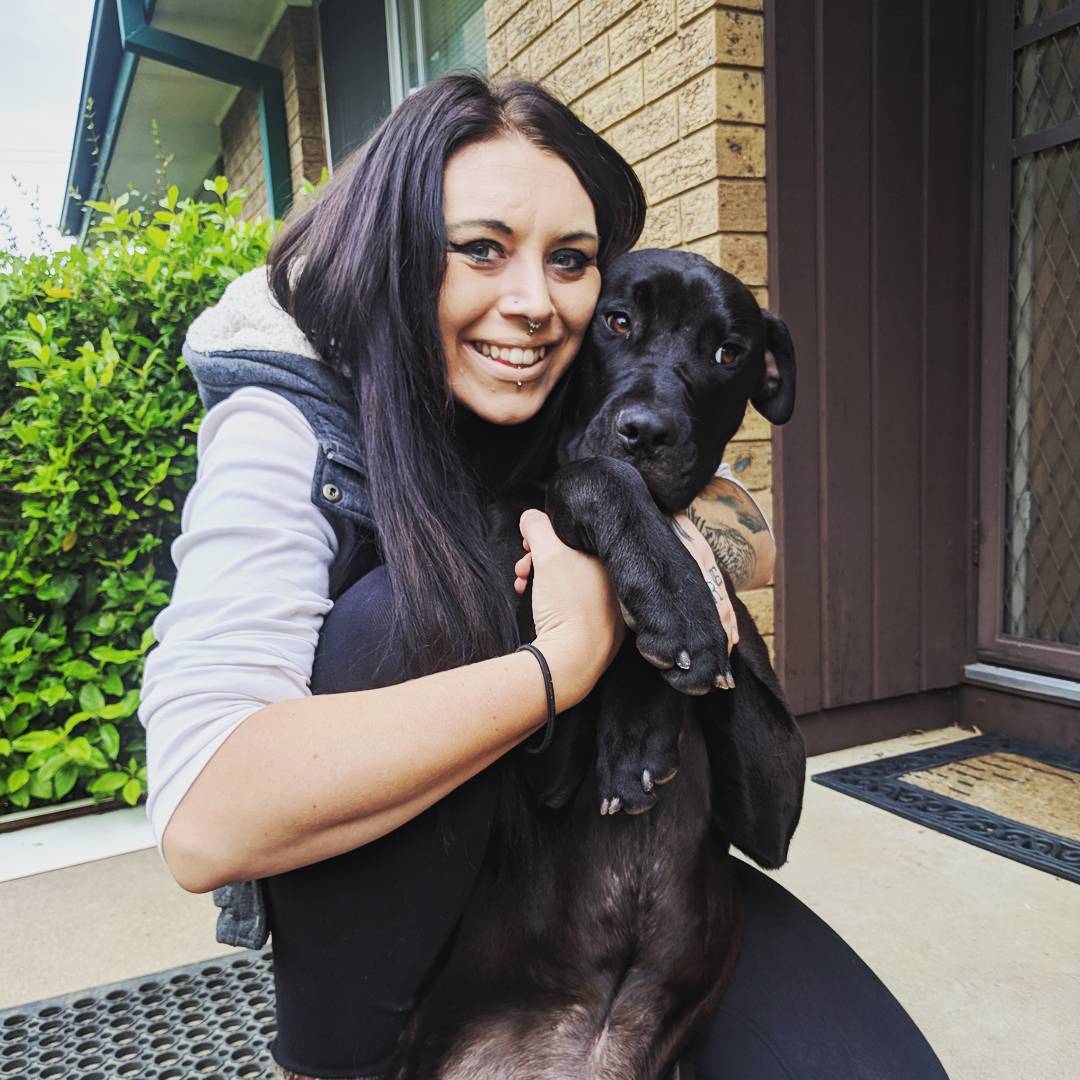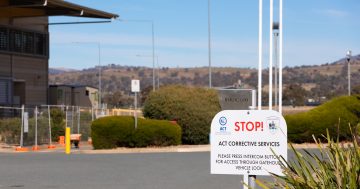
Findings have been released for the inquest into Brontë Haskins’ death in 2020. Photo: Instagram.
CONTENT WARNING: This article refers to suicide.
A coronial inquest into the death of Brontë Haskins found there had been several lost opportunities to provide her help, while her family says government services “failed” her.
When ACT Coroner James Stewart published his findings for the inquest on Wednesday (8 March), he said the “much-loved” 23-year-old died three days after she attempted suicide outside her ex-partner’s home on 18 February 2020.
The inquest examined several issues around her death, including her incarceration at the Alexander Maconochie Centre (AMC) before she was released on 13 February, her bail conditions, and the roles of police and mental health workers in the lead-up to her death.
“This hearing has identified no one that can be blamed for Brontë taking her own life,” Coroner Stewart said.
“With the benefit of hindsight, I have no doubt that every person involved with Brontë in the days and weeks prior to her death would have availed themselves of any opportunity to do something more to try and stop her death.”
However, he did find there had been lost opportunities to help her.
Brontë spoke to her bail officer in January 2020, telling her she’d had six overdoses in six weeks. Coroner Stewart said despite this, it appeared no more supervision was available for her and the officer only had the time to speak to Brontë once in the lead-up to her death.
The bail officer, who was just one of two in the ACT and managed up to 130 cases alone, also admitted she had not been trained in identifying suicidality or suicidal ideation.
“As a judicial officer who often sits in the ACT Magistrates Court bail list, I am genuinely shocked by the under-resourcing that allowed for the scant supervision of Brontë,” the coroner said.
He said the resources allocated to bail supervision at the time were inadequate and did not allow for an acceptable level of supervision.
Coroner Stewart also said the week-long delay in the Court Alcohol and Drug Assessment Service (CADAS) attempting to assess her after her release from the AMC was a “lost opportunity” to check whether she had slipped back into drug use or observe any “warning signs” about her mental health.
He found an earlier assessment would have given rise to several possible circuit breakers for drug use and suicide, but said, once again, the issue was one of resourcing.
The coroner also said Brontë’s mother, Janine Haskins, tried to get ACT Mental Health involved with her daughter before her death.
“What would ultimately come from that attempt was another lost opportunity to assist Brontë,” he said.
“The failure to correctly categorise Brontë meant that a vital follow-up did not occur.”

The coroner noted “the services that failed” Brontë had been under-resourced and understaffed. Photo: Supplied.
Coroner Stewart said some evidence pointed to Brontë having a “future-orientated outlook” before her death, including being interested in joining the army and paying for a hairdresser appointment scheduled for the next week.
But he also said she had been “exposed to multiple negative and harmful experiences and suicide risk factors” in her life, including lapsing into drug use when she was released from the AMC.
Coroner Stewart recommended the ACT Government be made aware of his findings on the level of supervision provided to Brontë when she was on bail as well as her level of CADAS assessment.
He also urged that bail officers be trained in administering basic suicidality assessments and consideration to be given to funding 48-hour turn-around bail assessment reports for those applying for bail or bail variations.
Janine said she was left feeling “a little underwhelmed” after seeing the inquest’s findings and thought some questions had been left unanswered, but she recognised the coroner had noted “the services that failed” her daughter had been under-resourced and understaffed.
“Some of these services need to be made accountable,” she said.
“Why does it have to come to a death before they start fixing things up?
“I hope the Attorney-General will look at some of the recommendations and look at changing legislation if required.”
Janine said she believed the government should start resourcing its services properly and thought stronger recommendations could have been made.
“The system needs a shake-up. It’s broken. It’s absolutely broken,” she said.
Janine also said her daughter was loved and missed.
“She’s at the forefront of my mind every day,” she said.
“The grief is insurmountable. As Brontë’s mumma bear, I will never ‘move on’. However, I will continue the good fight to gain justice for our beautiful Brontë and others gone too soon.
“To put it in simple terms, I strongly and firmly believe that if it weren’t for the reprehensible actions, or rather, lack of actions provided to keep Brontë safe from harm, she would still be with us today.”
She thanked the coroner for the way he conducted the inquest, as well as Brontë’s friends and family and her legal team from Ken Cush and Associates.
If you or someone you know needs help, you can contact:
Lifeline’s 24-hour crisis support line – 13 11 14
Suicide Call Back Service – 1300 659 467
Kids Helpline – 1800 551 800 or Kids Helpline
MensLine Australia – 1300 789 978 or MensLine.





















